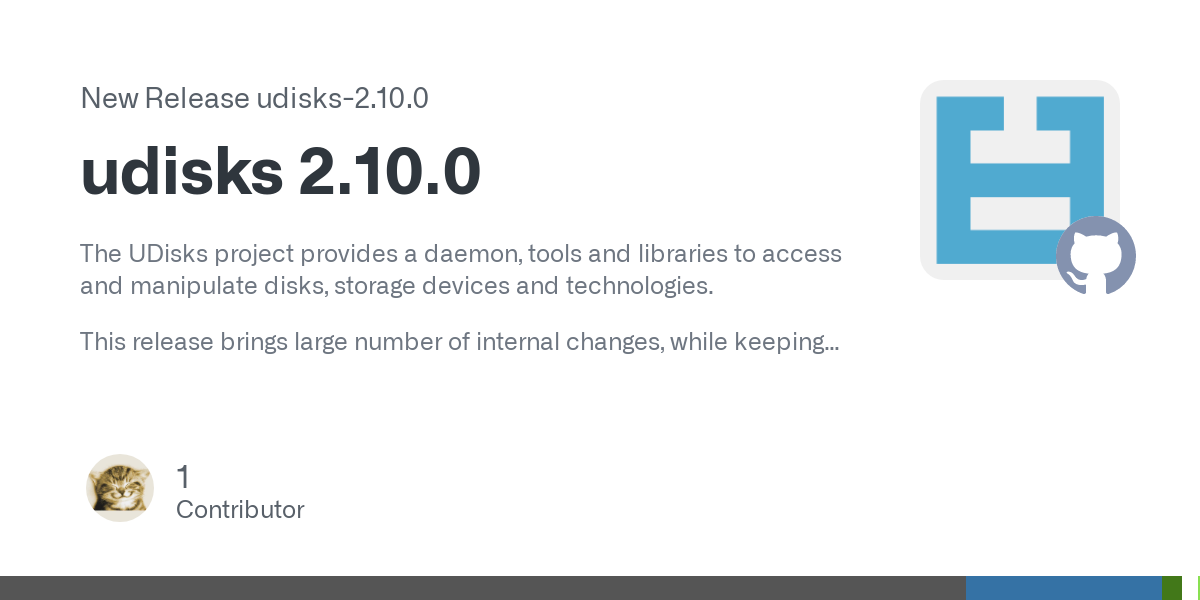

That reminds me…
In circa 1995 I was running a dial upBBS service – as a teenager. So if course, it was full of bootlegged video games and such, and people would dial in, download a game, log off.
Someone uploaded Descent or something like that. But they had put "deltree /y C:" or similar into a batch file, used a BAT2COM converter program, then a COM2EXE program, then padded the file size to approximately the right size with random crap (probably just using APPEND)… And uploaded it. Well, fortunately for the rest of my users, I say the game and said: oh, that’s neat, I should try it and copied it to another computer over my internal network and launched it. It started deleting files right away and I hit CTRL-C to abort. I lost only a few dozen files.
Banned the user, deleted the package. Got lucky.










No one commenting on your playlist? You’re cathartic music experience is showing :)